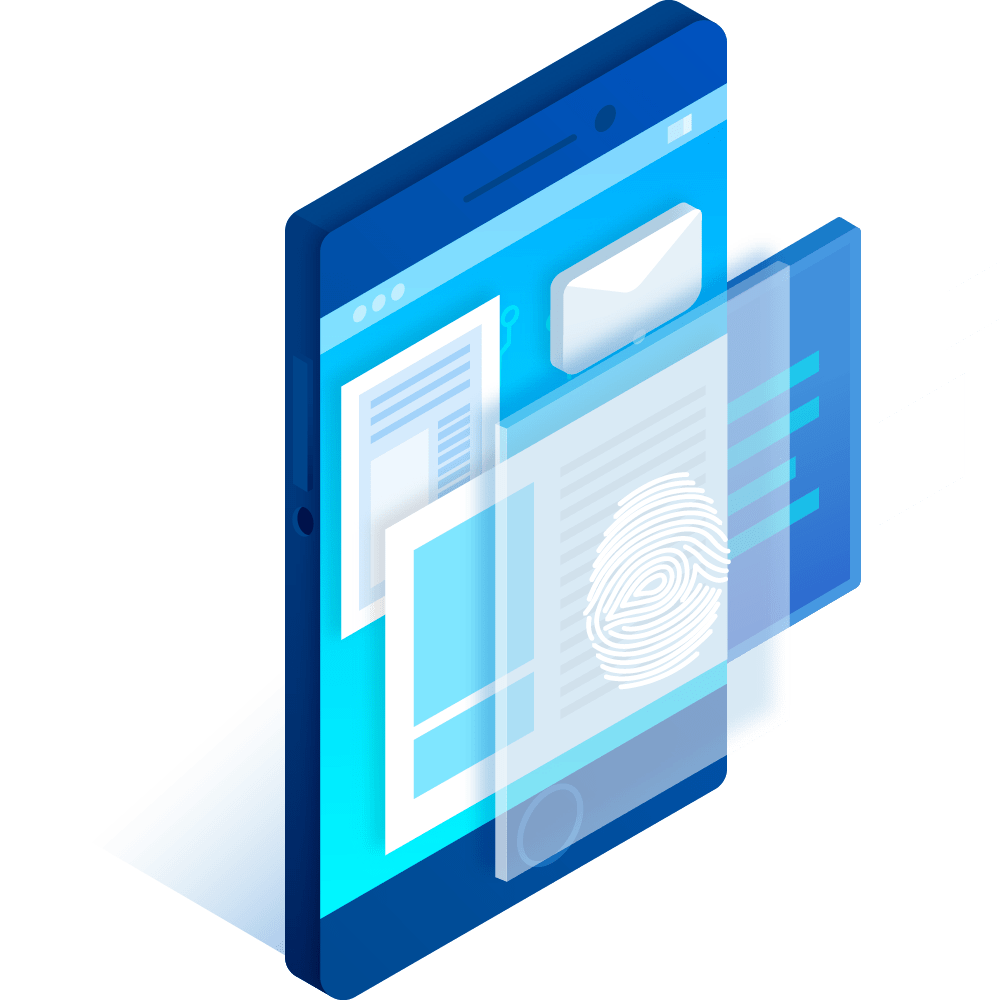What is a VPN?
What exactly is a VPN? Short for Virtual Private Network, this vital online service fortifies your internet connection and bolsters your privacy when navigating the digital world. By creating an encrypted tunnel, a VPN ensures that all data transmitted remains confidential and secure. It cleverly masks your IP address, thereby cloaking your online identity. Furthermore, it enables the secure usage of public Wi-Fi hotspots, shielding your activities from the prying eyes of hackers and eavesdroppers.
Why do you need a VPN?
Nobody relishes the notion of being monitored or tracked, especially those who claim innocence and secrecy in their digital lives. Tightening your privacy protocols is not just advisable; it's imperative. This is where the strategic deployment of VPN services can make a significant difference.
A Virtual Private Network, or VPN, stands as a bulwark against breaches in your online activities. But what makes a VPN indispensable? Predominantly, it constructs a fortified, encrypted tunnel that shields your data as it traverses through public networks. This encryption acts as a bastion, safeguarding sensitive data such as your credit card information and personal communications from cybercriminals and intrusive surveillance operations. Moreover, a VPN enhances your online freedom by cloaking your IP address, simulating your presence in alternate locales and enabling access to geo-restricted content. In sum, the rationale for employing a VPN boils down to a singularly compelling duo: augmented security and unfettered digital freedom."

Privacy Online
By changing your IP address, concealing virtual locations and encrypting connections you can increase your online privacy.
While browsing
Government agencies, marketers and internet service providers would love to track your browsing history, messages and any other private data you store online. One way of protecting it would be using a VPN to protect yourself online.
While traveling
Need access to home content while exploring the world? A VPN can make that possible – install Surf Smart VPN on your device today and you won’t miss a single post by your friends on social media!
While using public Wi-Fi
VPN technology is used to provide secure connections on public Wi-Fi networks, so that browsing in total privacy can occur. Hackers often attempt to steal data via these public hotspots; with a VPN in place your online traffic remains unseen to hackers and is safe from being compromised.
While streaming
Watch your favorite shows uninterrupted with Surf Smart VPN’S streaming-friendly VPN connections; your ISP won’t throttle down your connection so your movie night won’t end in frustration!
While shopping
While shopping, using a VPN will help protect you from targeted pricing, fake websites and bait and switch attacks. Enjoy peace of mind that your credit card details are safe from prying eyes even on public networks.

What does a VPN do?
VPN (Virtual Private Network) reroutes and encrypts your traffic when connecting to a remote server, similar to how an ISP (Internet Service Provider) would. Instead, when connected via VPN it redirects your internet traffic through an encrypted channel before sending it onwards to its intended destination.
First and foremost, VPNs protect your data from prying eyes — encryption is vital when it comes to safeguarding internet traffic and minimizing online footprints. By hiding your browsing history from prying eyes using a VPN service provider, they cannot sell it off at auction for higher bidders.
Your IP (and, thus, virtual location) are also concealed and given to the VPN server you connect to; this ensures extra security and increases online privacy significantly as no one knows which city or country you’re browsing from.
Common VPN features like these may seem standard, but Surf SmartVPN goes further by offering more than just data protection – we aim to safeguard not only your devices but your personal information too! That’s why we created the Threat Protection feature to shield them from common internet hazards like malware in downloaded files, web trackers, flashy ads and malicious links – you don’t even need to connect to a server to use this feature; simply turn it on, and we will ensure your device is always safeguarded 24/7!
How Does a VPN Work?
A Virtual Private Network (VPN) operates by forging a secure, encrypted connection between your device and a server located remotely. This method ensures that all your data is transmitted anonymously, protecting it from prying eyes.
- As soon as you connect to a virtual private network service, it authenticates both you and the VPN server.
- The server then applies an encryption protocol to all the information sent and received.
- VPN services create an encrypted “tunnel” over the internet that safeguards all the data traveling between you and your destination.
- To protect each data packet during transport, VPN tunnels use encapsulation technology to encase them with an outer packet that is then encrypted through encapsulation – this forms the core element of the VPN tunnel and ensures secure transfer.
- Once data reaches a server, its outer packet is decrypted through an automated process.
Frequently asked questions
An understanding of how a VPN operates will allow you to take full advantage of its capabilities. Here’s what’s happening behind the scenes:
Are VPN's legal?
While using a virtual private network (VPN) may be legal in many countries, some have banned or heavily restricted its usage. A VPN connection can help bypass government censorship and gain internet access in these nations - just make sure to download Surf Smart VPN apps and secure a subscription before leaving home!
Can you be tracked if you use a VPN?
VPN provides you with a new IP address and secures the connection between your device and VPN server, so no one can see what data you send and receive. But it won’t make you completely anonymous online — hackers may install malware (keyloggers, spyware etc) onto your device to track you online activity. Or if you overshare online using the same username across different platforms – anyone with basic googling skills could gain a wealth of knowledge about you!
VPNs do not offer complete anonymity solutions, but rather add an additional layer of protection against cybercrime that safeguards internet traffic.
Are there any alternatives to VPNs?
There is other software that offers similar features to virtual private networks (VPNs), but none can match the all-round security and privacy that only a VPN provides. Smart DNS may allow access to blocked sites; however, its encryption won’t keep your traffic secure. Tor offers some protection but can block some websites.
If you want a service that will protect your privacy, provide you with a new IP address, and simultaneously encrypt all your data, consider opting for a reliable VPN provider.
Are virtual private networks safe to use?
Yes, using a trusted VPN service provider is safe.
What type of VPN should be avoided? Those that claim they’re free! Such services often track user online activity – what websites you visit, content you interact with – and sell this information on to advertisers at high bid. Why? These large services require maintaining hundreds of servers across various countries with multiple personnel dedicated to infrastructure management; someone must pay for all that, which means paying somehow through you as their customer. Furthermore, free VPN services often fail to encrypt connections properly and may contain malware or spy on local networks.
All this indicates that, provided you conduct your due diligence and select an ideal VPN provider, using a VPN isn’t dangerous.
Should my VPN remain active at all times?
Yes, your virtual private network should remain enabled at all times (with some limited exceptions). Doing so ensures your real location and IP address remain anonymous to internet service providers and third parties, keeping online data encrypted for added protection, and your browsing history unknown to both.
What is the typical price for a VPN service?
Most VPNs cost only a few pounds a month and may seem unnecessary given there are so many free ones out there; however, you do get what you pay for with free VPNs being very slow, unstable servers that often crash and no respect given to protecting or selling off user data to generate profits for them.
Why take chances with your data security? Find a dependable paid VPN service like Surf Smart VPN’s pricing page which works when needed at only a minimal monthly fee. Committing long term reduces prices significantly! Find out more.

Get Started
Try Our VPN Service for 24 Hours Free Of Charge.
